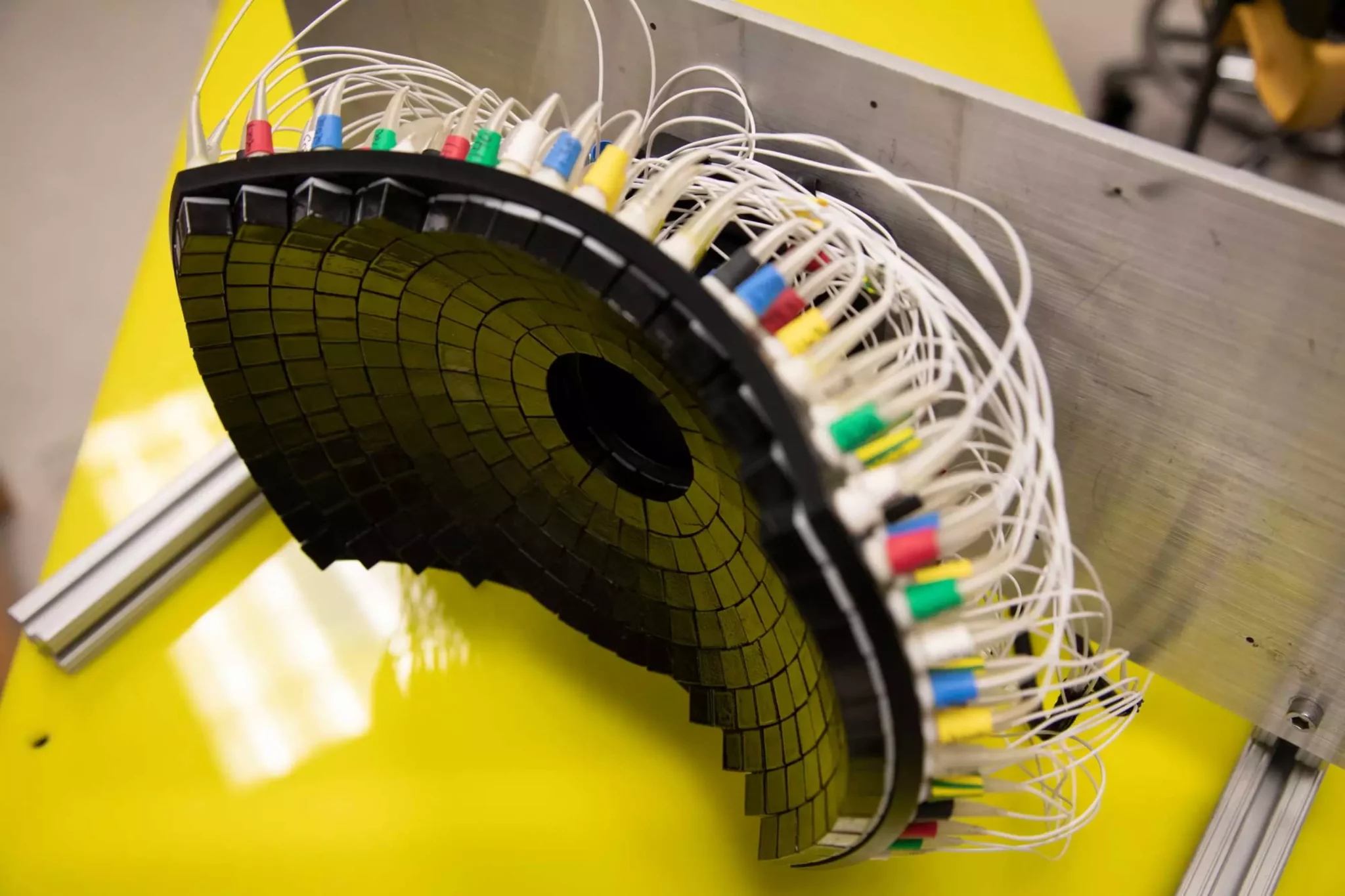Researchers at the University of Michigan explored how the targeted ultrasound technique could combine with an organism's immune defenses to eliminate tumors by two times. Experiments in rodents have shown promising results.
Many efforts are being made to develop treatments for cancer. Current standard approaches, such as chemotherapy or immunotherapy, often slow disease progression, but rarely have true curative effects. In this context, Immunogenic Cell Death (ICD) presents itself as a promising alternative method.
MCI is a type of cell death that results in triggering an immune response in the organism. It should not be confused with programmed cell death, such as apoptosis, which is the body's way of killing unwanted or harmful cells. Indeed, this type of cell death is isolated and does not provoke any immune response.
Emerged around 2005 as a new field of exploration, it was discovered that MCI involving cancer cells induced a specific immune response . In other words, dying cancer cells would act like a vaccine, causing an immune response capable of destroying the tumor load.
More recently, a team of researchers from the University of Michigan turned to ultrasound to induce this MCI process. Their work is published in the journal Cancers.
The idea of using ultrasound to target cancer non-invasively is gaining more and more traction. Studies have already shown how they can help deliver drugs more efficiently or even heat and destroy diseased tissue.
The technique, still under development, therefore involves the use of ultrasonic waves delivered in microsecond pulses to the targeted tissues. Called histotripsy , the treatment then leads to the formation of small bubbles in the tissues. These expand rapidly before bursting, inducing mechanical stress capable of killing cancer cells to the point of dismantling the tumor structure .
Tests performed on liver tumors in rats showed that the rodents' bodies were able to safely absorb the remaining debris. As said above, scientists also believe that this debris contains the necessary ingredients to stimulate MCI . By doing so, the team suggests that it would be possible to target only part of a tumor with ultrasound. Once stimulated, the immune system would then take care of eliminating the rest. This could be useful in scenarios where a tumor cannot be targeted in its entirety because of its size or location for example.
For these experiments conducted on rats, only 50-75% of liver tumors were destroyed with the ultrasound technique. In addition, the researchers pointed out no evidence of recurrence or metastasis in 80% of the rats treated in this way.

Finally, note that the researchers suspect that the destruction of these remaining tumors is likely the result of immunogenic cell death. However, they are not sure yet. Further studies will therefore be necessary to confirm this and better understand all the mechanisms involved.
The next steps will also explore how the technique could be adapted to treat tumors at different stages of progression. Those targeted in this study were indeed all at an stage of early development .